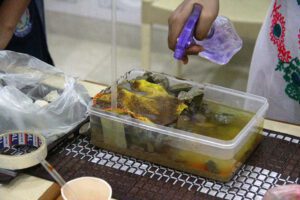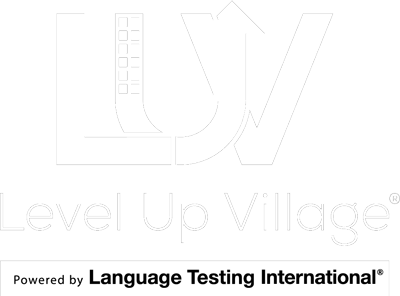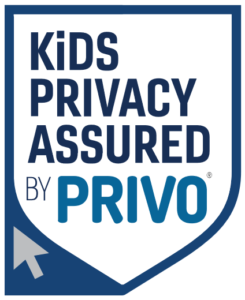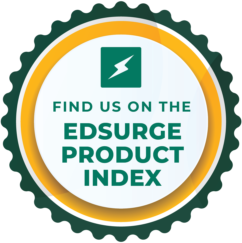
All Level Up Village courses are compatible with many Common Core and Next Generation Science Standards. Students are paired with partners from across the globe to work on projects with real-world relevance. They communicate by working on shared project files, exchanging video letters and exchanging information about their interests and culture via the LUV Global Communications Platform.
By Erin Dowd
You hate to love them, you love to hate them. Bring on the ominous background music because, you guessed it, we’re talking about standards.
Standards don’t have to be scary or overwhelming; they should help teachers make informed decisions about the content they teach. More important, though, are the students we teach and the learning attached to these coded numbers and letters.
All Level Up Village courses are compatible with many Common Core (CCSS) and Next Generation Science Standards (NGSS) which allow teachers to focus on what’s important – their students.
Level Up Village courses explore global science, technology, or social studies themes through classroom lessons and collaborative projects that students complete with their Global Partner. This provides many connections to CCSS and NGSS standards.
To Illustrate Further…
Let’s break down one of our courses. In Global Scientists, students explore the unique properties of water, learn about the water cycle, and study the basic rules of chemistry as they affect water through experimentation and observation. This addresses Next Gen. standards relating to structures and properties of matter including 5-PS1-1 and 5-PS1-3.
Students also engage in hands-on experiments and even build their own water filters using the engineering design process (and this addresses NGSS: 3-5-ETS1-1, 3-5-ETS1-2, 3-5-ETS1-3). Earth’s systems are the standards connection here where students “combine information about ways individual communities use science ideas to protect the Earth’s resources and environment” (NGSS: 5-ESS3-1).

In Global Scientists, one experiment is to create a water aquifer that students first pollute and then purify. By collaborating with partner students in the developing world, students learn that access to clean drinking water is often a real concern for global partner students.
Learning is then taken a step further into a global context as students create a water conservation plan with their Global Partners which is done through writing through a shared document. One of the areas of writing that students develop is to “produce writing in which the development and organization are appropriate to the task, purpose, and audience” (CCSS W.3.4, W4.4, W.5.4).
Listening and Speaking Skills… on a Global Stage
Another way our courses align with standards is that students have ample opportunity to develop their speaking and listening skills. But in our courses, they are doing this with partner students from another country who have a completely different perspective – an exercise that develops cultural understand, empathy and social awareness. This is done through video letter exchanges and collaborative class discussions. Students are taught to value the opinions of others, disagree respectfully, provide evidence for their thinking, and share their course learning with both their classmates and their Global Partners.
Real-Life Problem Solving
In order to be successful, students have to synthesize their own learning of class content and prior experiences, while at the same time, evaluate the ideas of their Global Partner to determine solutions for their own community. This is not only high level problem solving, it is set within a real life context.
Jo Ann Vasquez, in her article STEM Beyond the Acronym in Education Leadership says that in order to bring true meaning to STEM, “the disciplinary concepts and skills become interconnected and interdependent, and the lines between the disciplines become more blurred.” These cross-curricular approach is true for all Level Up Village courses and provides the basis for meaningful learning. So whether you like digging into the coded letters and numbers of the standards or not, Level Up Village can help provide you with quality curricula that connects to the standards you already teach, as well as those you aspire to teach.
Want to Get Started?
If you are interested in bringing Level Up Village to your school, contact us here. We can have a course up and running at your school in just two weeks. For more information about how our courses align with standards, please email erin@levelupvillage.com. More information about specific standards can be found at the following links:
Next Generation Science Standards
Resources: Vasquez, J. (December 2014/ January 2015). STEM: Beyond the Acronym. Educational Leadership, 72,4.




